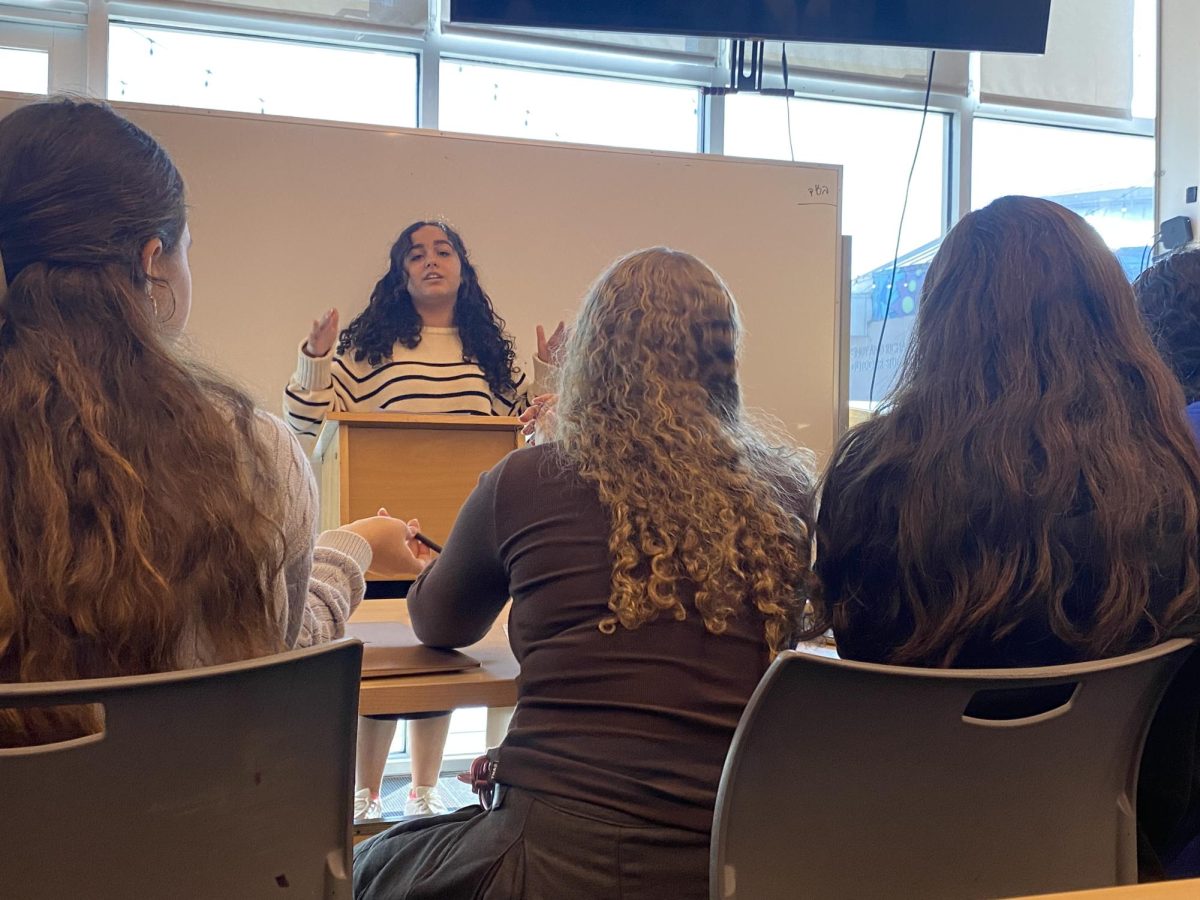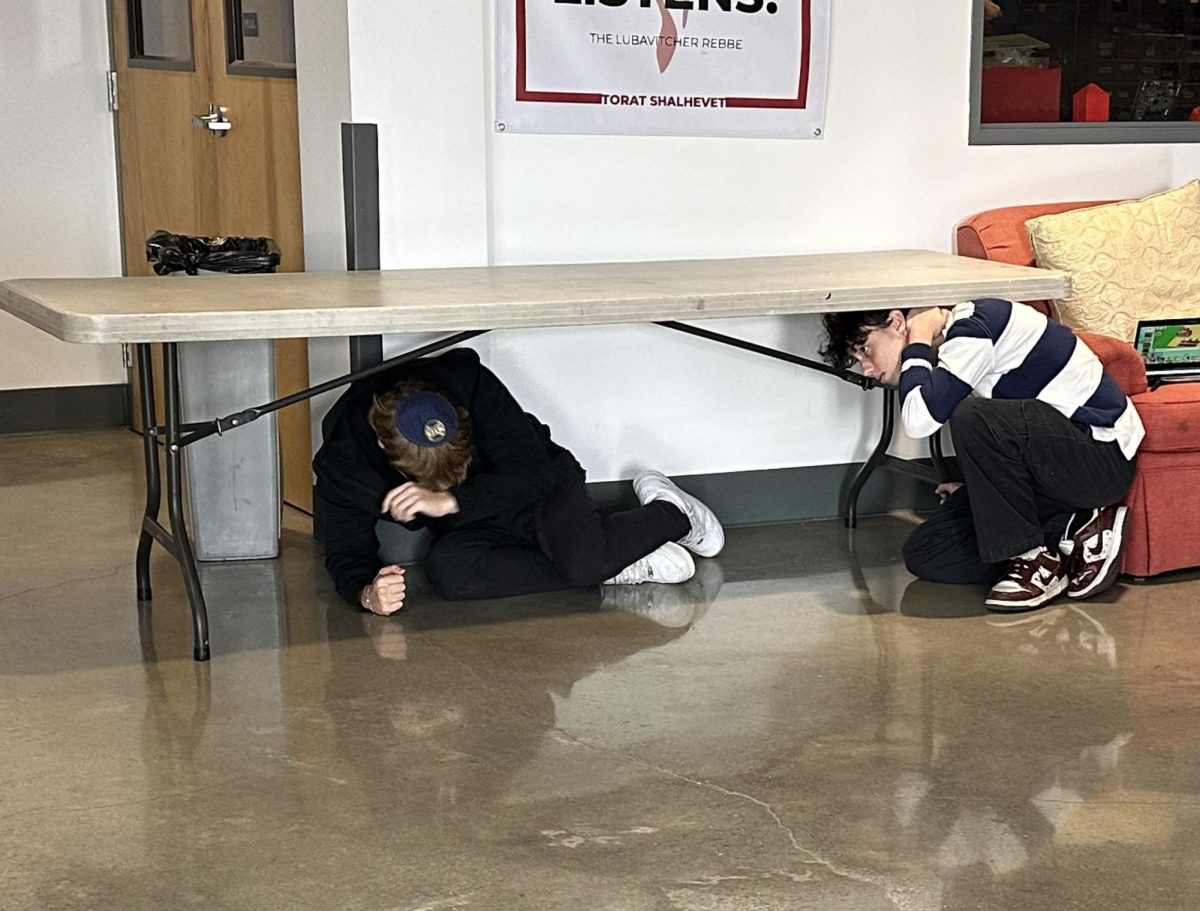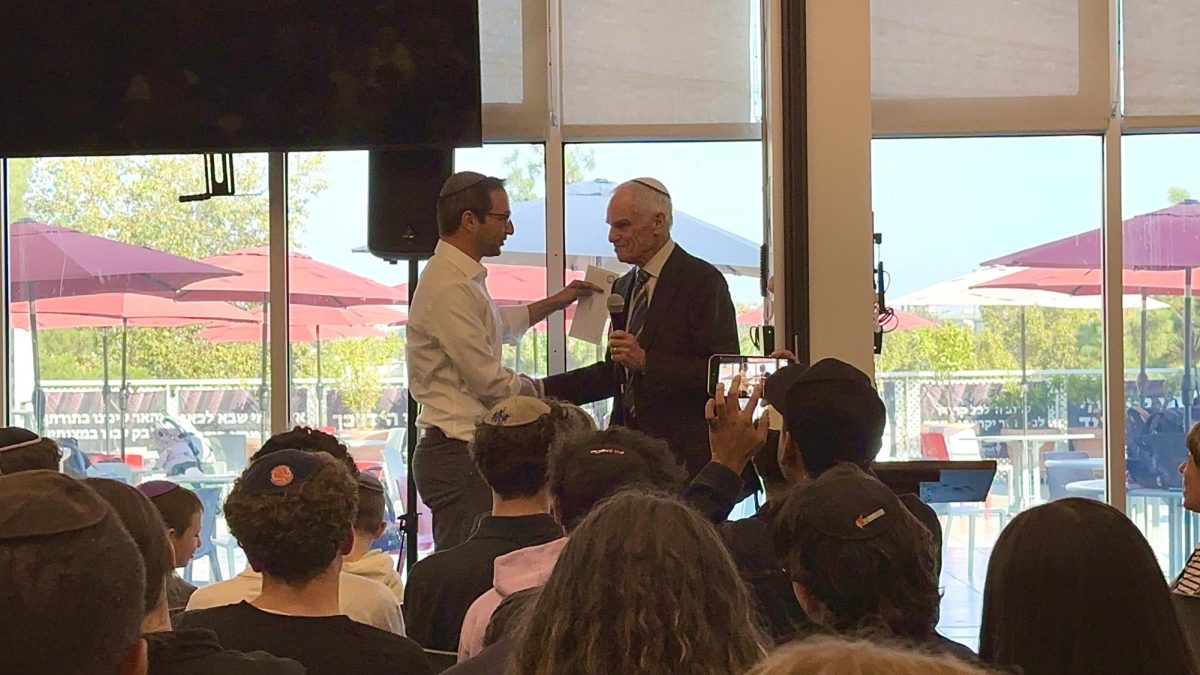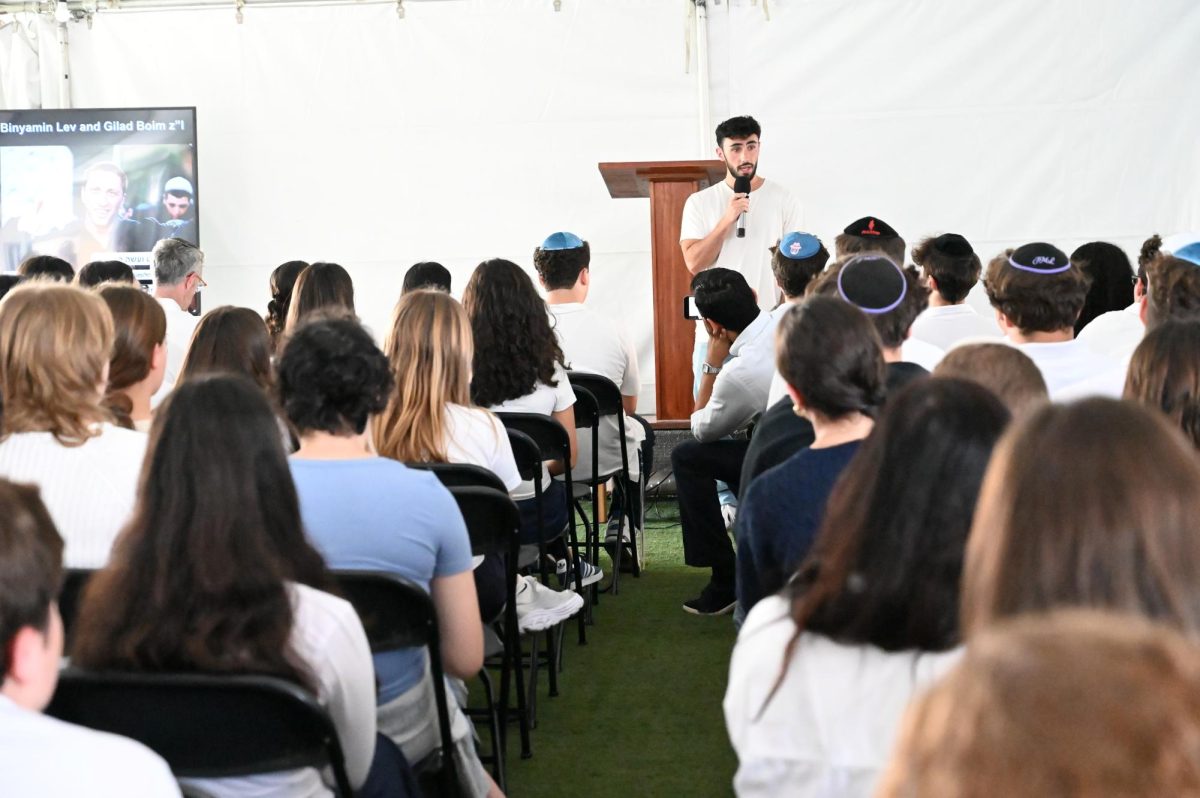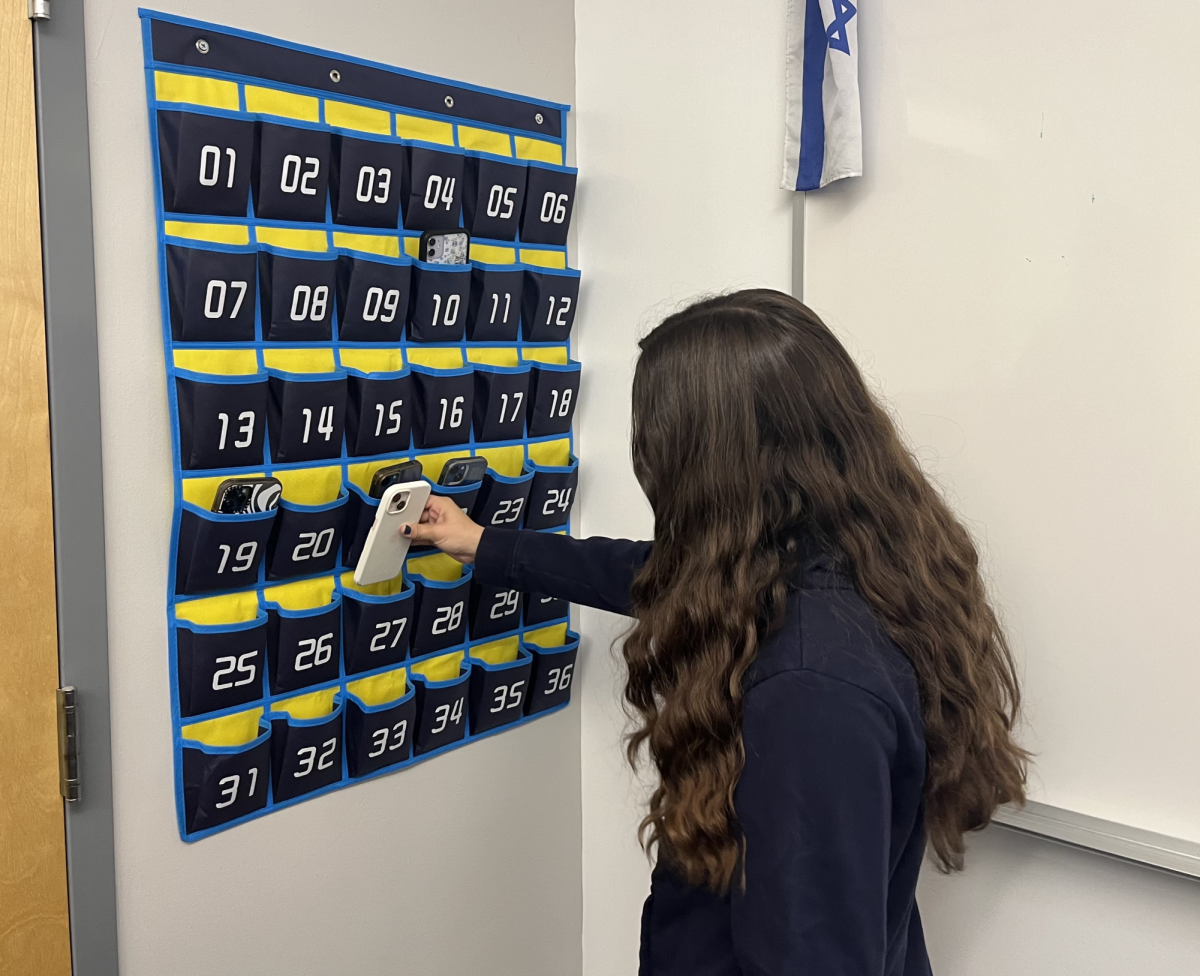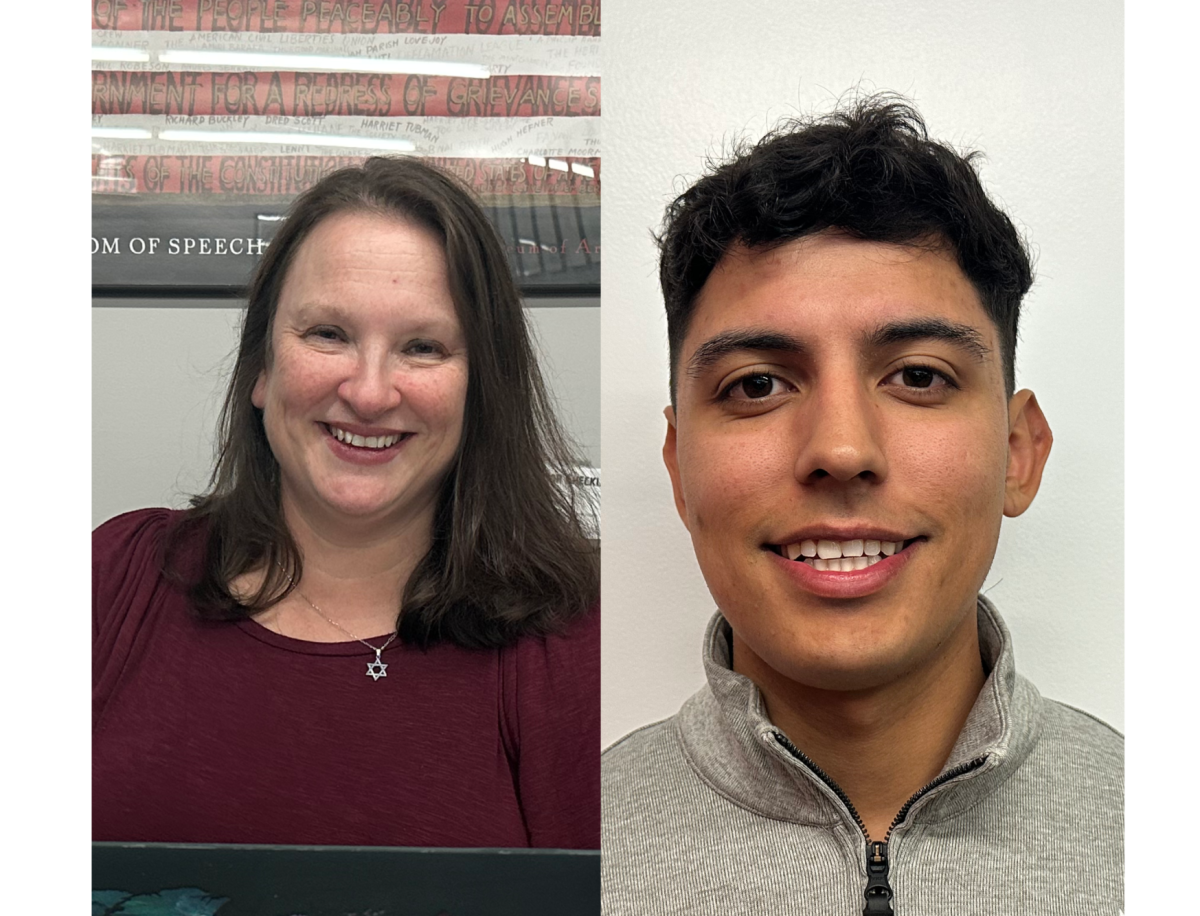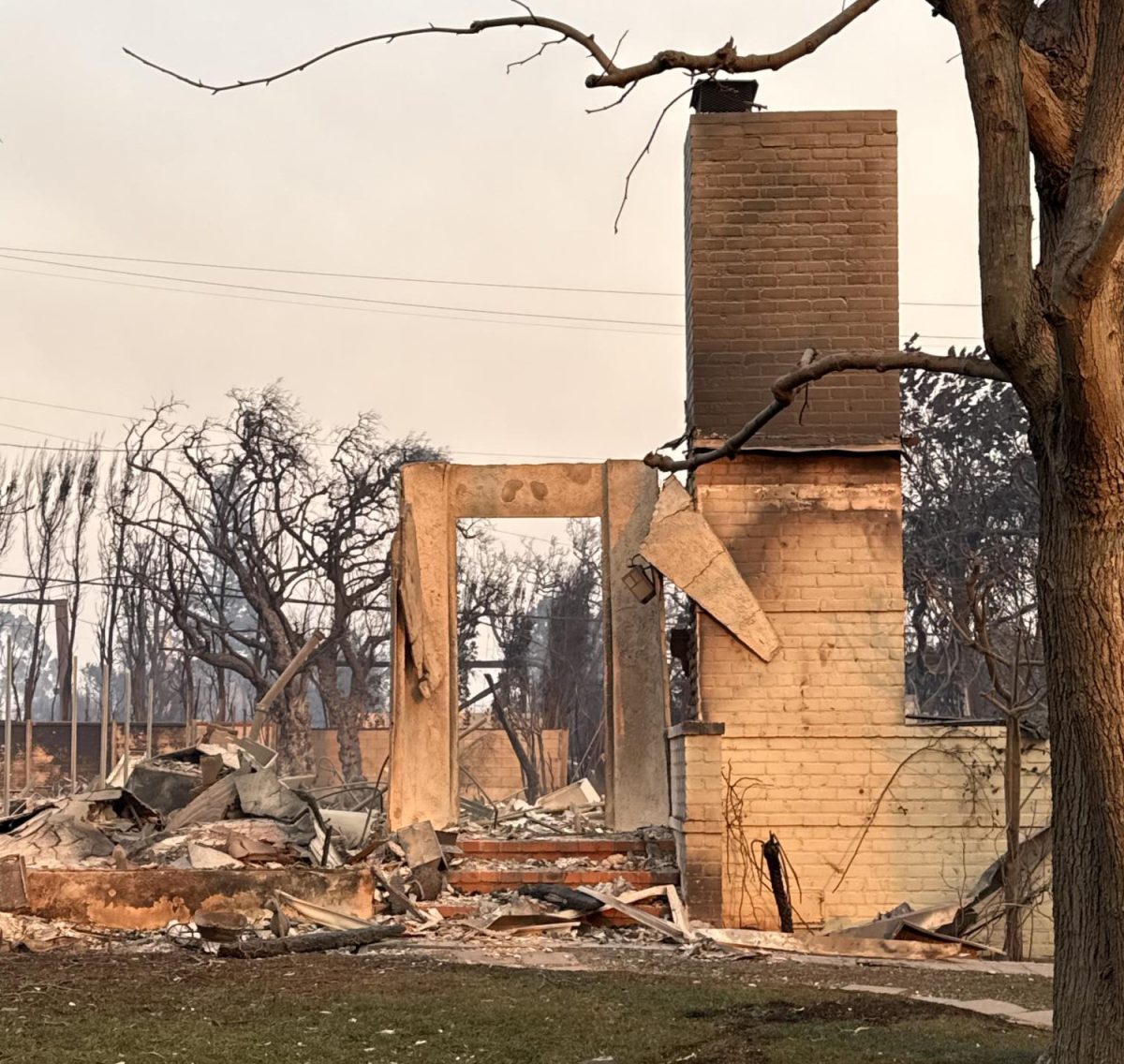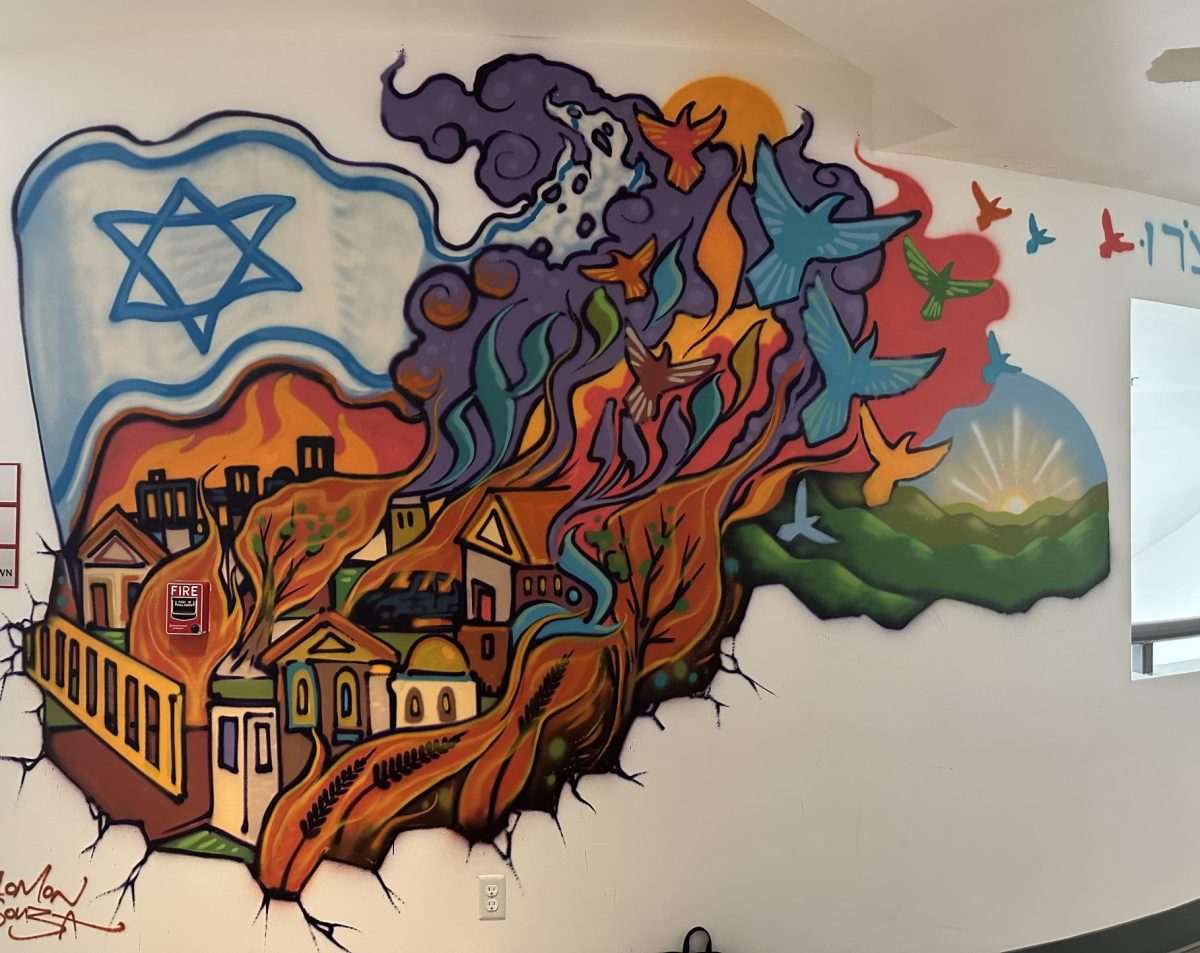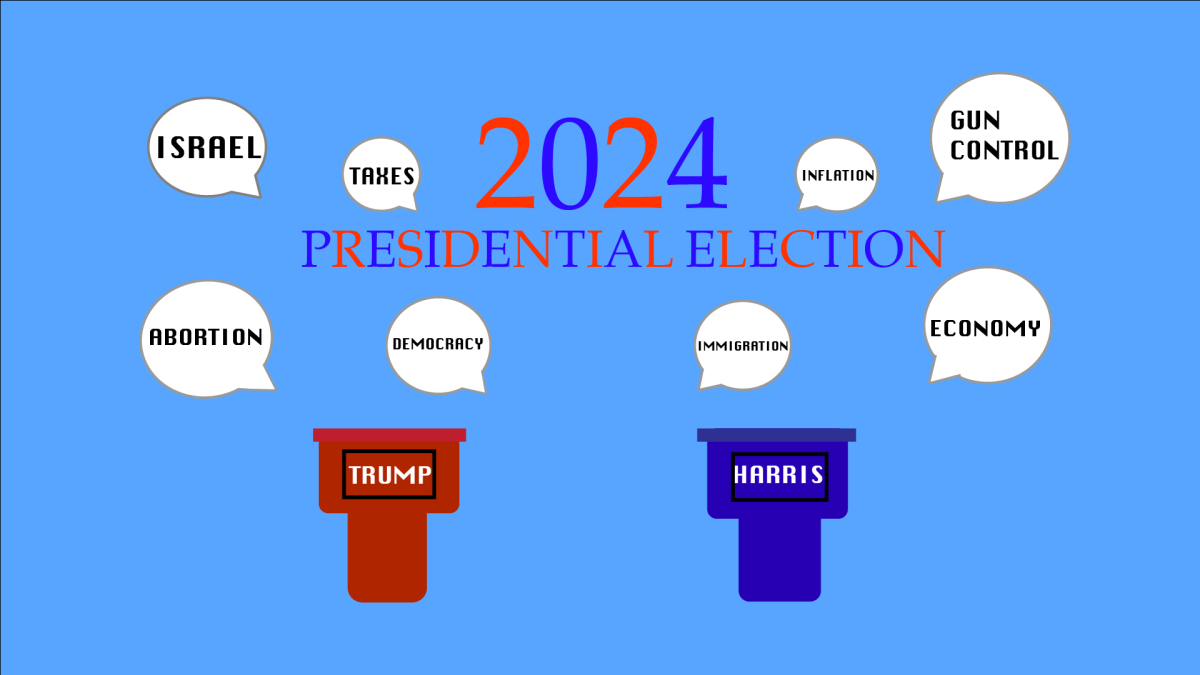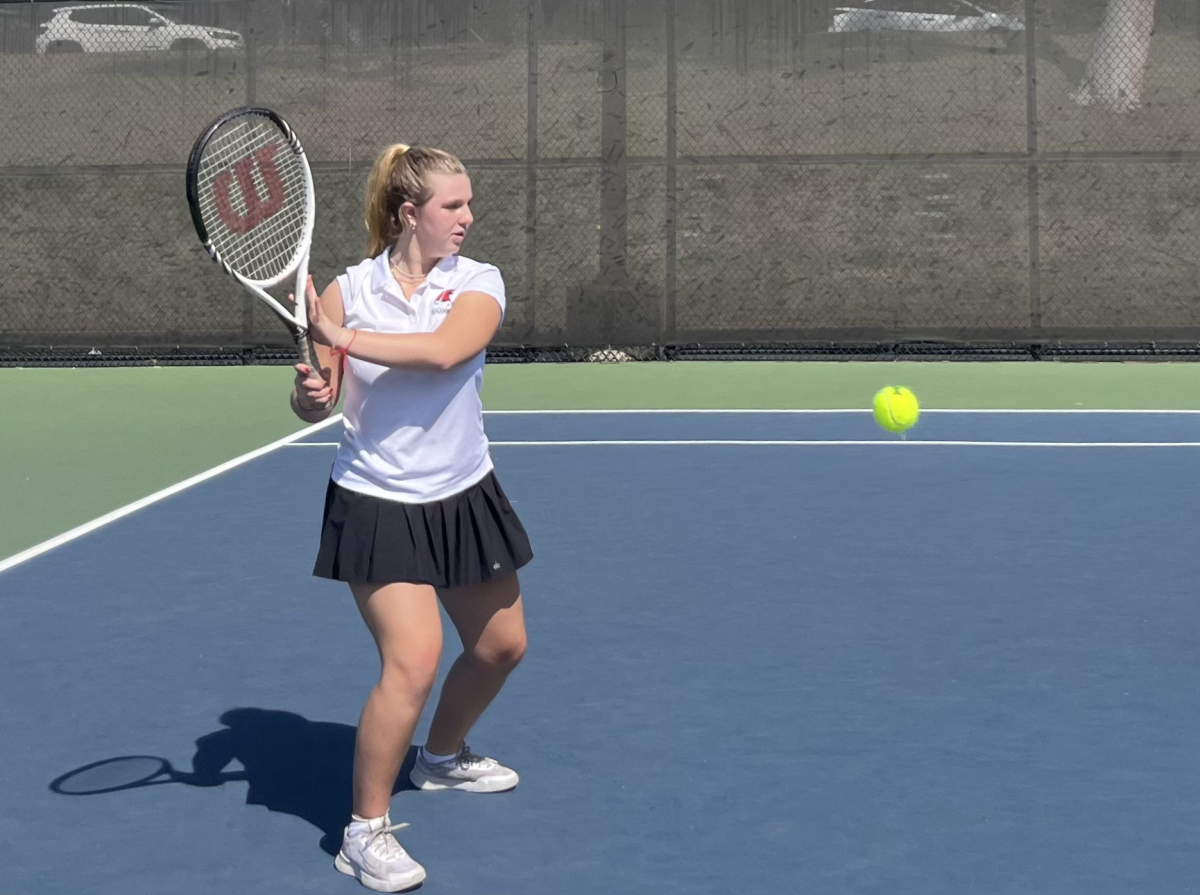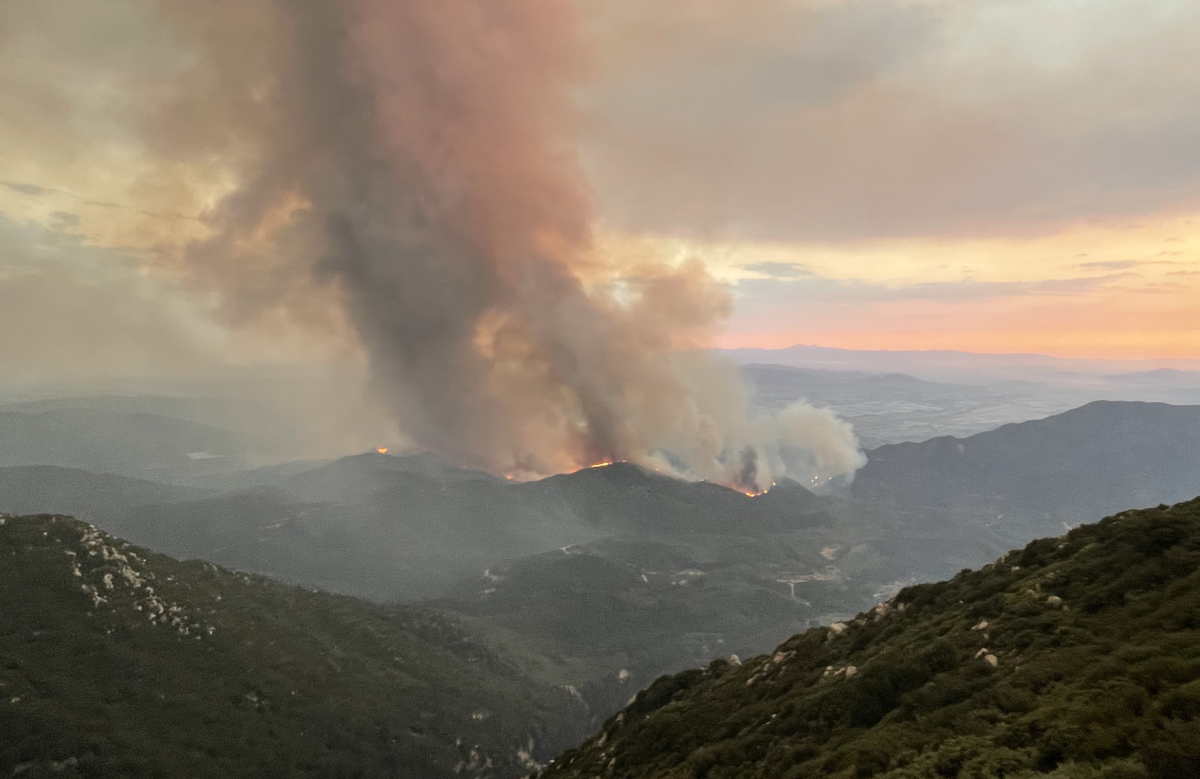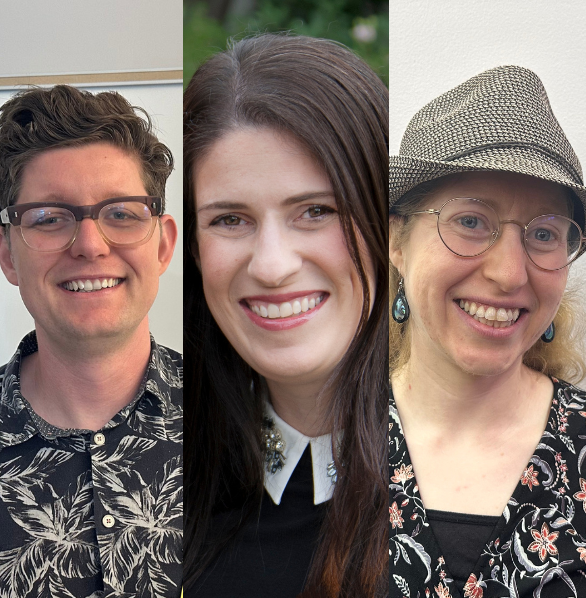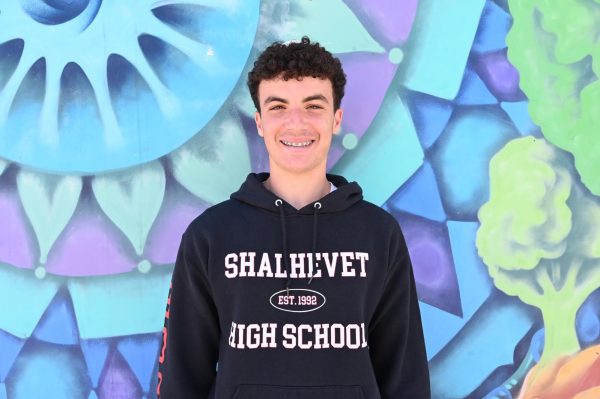In the latest complications to a Shalhevet Just Community election, this year’s Fairness Committee had to send out voting links a second time after making a mistake on the first link and also not knowing how to count the ballots.
The first ballot, sent out on Oct. 24, accidentally allowed voters to vote multiple times. The second ballot was sent out later that day, and only half as many people voted compared to the first time.
In addition, after receiving the results from the first link,the Fairness leaders in charge didn’t know how to use the committee’s ranked choice system.
“We just kind of forgot what exactly we were supposed to do,” said Fairness Secretary 11th grader Tamar Rose. “So we counted a different day, after we checked exactly what we were supposed to do.”
Over a period of several weeks and many suggested opportunities, Fairness co-chairs Malia Nagel and Sami Brous-Light were not available to answer questions for this story.
But Tamar said that Fairness had made a “careless mistake” when rushing to send out the link.
History teacher and Fairness Advisor Dr. Keith Harris, was not present during the first vote counting process because he was at a meeting. But he described the option to vote multiple times during the first vote as an honest mistake.
“Human error,” Dr. Harris said. “It’s as simple as that. It was just an oversight… I believe when they were putting the form together.”
Senior Tali Liebenthal, who watched the vote-counting process on behalf of the Boiling Point, said that during the count seemed as if Sami and Tamar did not know how to use ranked-choice voting.
“I wanted to make sure that we’re following the right policy when it came to counting the votes, and they didn’t know the method Fairness uses to count votes,” said Tali, who is BP Co-editor-in-Chief.
Tamar said that if Dr. Harris had been there that he most likely would have caught it.
Dr. Harris said that he did not know if anyone specifically taught Fairness how to count votes and use the ranked choice system.” But he said the officers had been well prepared.
“Fairness was prepared perfectly fine,” Dr. Harris told the Boiling Point.
Shortly after, the Fairness Committee learned to correctly tally the votes and sent out a new and fixed link through grade group chats.
But the new ballot did not attract as many voters as the first one – which was held on the day of the election speeches at Town Hall.
The second time the Fairness Committee counted votes, on Thursday, Oct. 26, Dr. Harris was present. Fairness then released the winners of the elections that afternoon via Schoology.
But they found that they had received only half as many votes as they had the first time around. Dr. Harris did not blame that on Fairness’s mistake, saying that it is students’ responsibility to check things like grade chats and Schoology when there is an election going on.
He said that Fairness did everything they could to fix their mistake and to try to get students to vote again, but at the end of the day, it is up to the students to vote.
“An individual has the right to cast a ballot, but not an obligation to,” said Dr. Harris in an interview with the Boiling Point.
“When mistakes happen, we do everything in our power to correct those mistakes,” he said. “Then it’s left to the people to act on those things. And so, if people weren’t compelled to vote a second time, that’s a choice that they make… We can’t force people to vote.
“We admit that we made a mistake, and we take responsibility for that,” he said.
It was not known whether the revote changed the election’s result, because the first set of ballots were never counted.
The elections were for grade-level representatives to the Agenda, Fairness and Student Activities committees, plus a new school-wide position called Student Advocate.
The Student Advocate position, along with most of the positions for grade-level representatives, were not contested. Winners of the contested races were freshmen Elimelech Urman and Esther Vaknin for Agenda; Levi Brous-Light and Miya Peterseil for Fairness; and for SAC, Elle Rimon and Evan Bene.
As for sophomores, Eliana Vahedifar and Etan Lerner are their grade’s new Agenda reps. Lev Fishman and Ariel Mazar won for Fairness, and for SAC, Dana Brodt and Elisha Fishman will represent the class of 2026.
This year’s elections were originally scheduled for Oct. 10 but postponed due to the Oct. 7 terrorist attacks and war in Israel. They were finally held during Flex period on Oct. 24, in various rooms assigned to each grade where candidates presented speeches and videos.
Also, after Oct. 17 – the start of when campaigning was allowed – there were no reminders of elections until election day on Oct. 24. Posters, Schoology posts and other typical school campaigning methods were nowhere to be found.
The Boiling Point polled students to find out whether they knew when the elections would be, and on Oct. 3, 70% of students did not know when elections were.
Tamar said juniors and seniors didn’t campaign since they had no one running against them.
“Because the underclassmen saw no seniors and juniors campaigning, they didn’t do it either,” said Tamar.
Right after candidates gave their speeches and presented their videos that Tuesday, links to vote on Google Forms were sent out and students submitted their votes.
Once they submitted, there was an option to submit again. In the Boiling Point’s poll, 15% of students said they did.
In addition to the reps, a new position, Student Advocate, was introduced to the Just Community this year. The new position, which was originally named Student Litigator and was supposed to be held by two students, was brought as a proposal to Town Hall last year by Fairness Committee.
As the newly elected Student Advocate, senior Gaby Terech’s job is to advise and assist those who want to take their cases to be tried by the Fairness committee.
Gaby said that most people are unfamiliar with the Just Community’s constitution, and considering that most Fairness cases are concerning the Just Community and its Constitution, it would be very helpful for people to have someone who is familiar with both the Constitution and Fairness cases.
As Student Advocate, Gaby is looking forward to helping all members of the Just Community go to Fairness.
“To be a help to people in all grades and also teachers, everybody, anyone wants to take cases to fairness – I think that’d be a good thing to do,” Gaby said.

